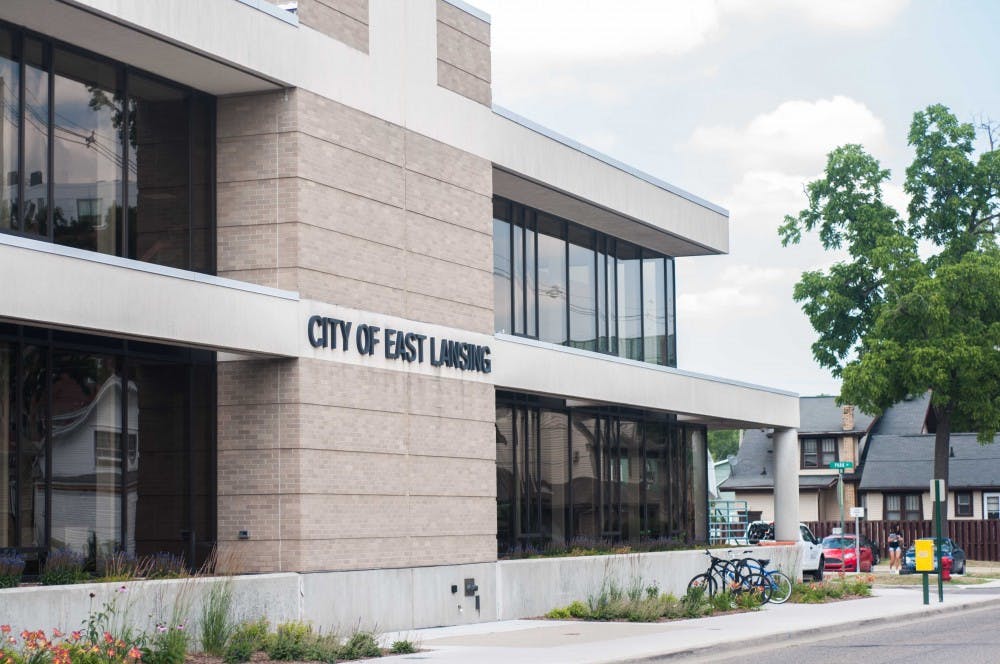After one failed attempt last year in the face of a continuing budget crisis, East Lansing passed its first-ever income tax on Aug. 7 during the state’s primary elections, and reactions are mixed.
The measure will tax 1 percent of East Lansing residents’ income and 0.5 percent of those who work in East Lansing but live elsewhere.
Twenty percent of the revenue collected will go to the police and fire departments; 20 percent will go to maintaining streets, sidewalks and other infrastructure; and 60 percent will go to the pensions of retired city employees, according to the ballot language.
MSU students whose income is made in the city will be included in the tax. Dependents who make less than $5,000 annually, retired residents and those collecting social security will not be subject to the tax.
Mayor Pro Tem Erik Altmann said the new funding was needed to protect crucial services and city institutions, like the Hannah Community Center, which potentially faced closure if the tax did not pass.
“This was a really good move by the city,” Altmann said. “It’s going to help keep services at levels we expect them, and it’s going to help keep our community center open.”
This version of the tax passed with 61 percent of the vote, with approval from 15 out of 17 precincts, according to Altmann.
The first attempt to impose an income tax was voted on in November 2017 but failed. The proposal was tweaked — placing a 12-year time limit on it and reserving the revenue for specific operations — and put on the ballot a second time this summer.
The income tax also came with a provision to lower property taxes for East Lansing residents by five mills, or roughly 10 percent of a homeowner’s tax bill, Altmann said. He said a university the size of MSU makes a large area of the city, leaving a small portion of the residents paying for services.
“The problem with property taxes is that they don’t work for a college town very well, and the reason they don’t work for a college town is because the college is tax-exempt from property taxes,” Altmann said.
MSU economics professor Ronald Fisher, a critic of the tax, said different voting demographics between the November 2017 and August 2018 elections could have impacted the results.
“The people who vote in primaries tend to be older, more politically involved,” Fisher said. “The students weren’t here in August; they were last November. It’s fewer voters and a different set of voters.”
Fisher also expressed some concern about the long-term effects the income tax could have on the city, like fewer children in East Lansing schools.
“Some research that I’ve done says that if you had a young family that had a $100,000 income and lived in a typical home in East Lansing, they would probably face a total tax increase of $500 or $600 a year,” Fisher said. “That family could avoid that tax, of course, by not living in East Lansing.
“The economic evidence suggests it’s not likely to be good for the city in the long run, and I think the city had options and alternatives.”
Support student media!
Please consider donating to The State News and help fund the future of journalism.
Discussion
Share and discuss “East Lansing awaits effects of income tax” on social media.







